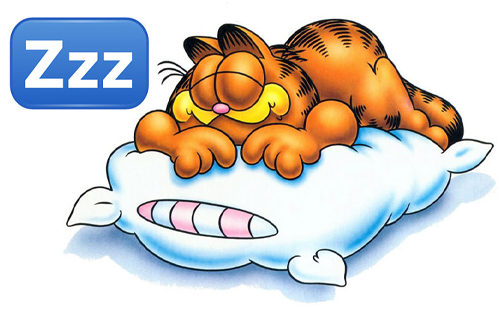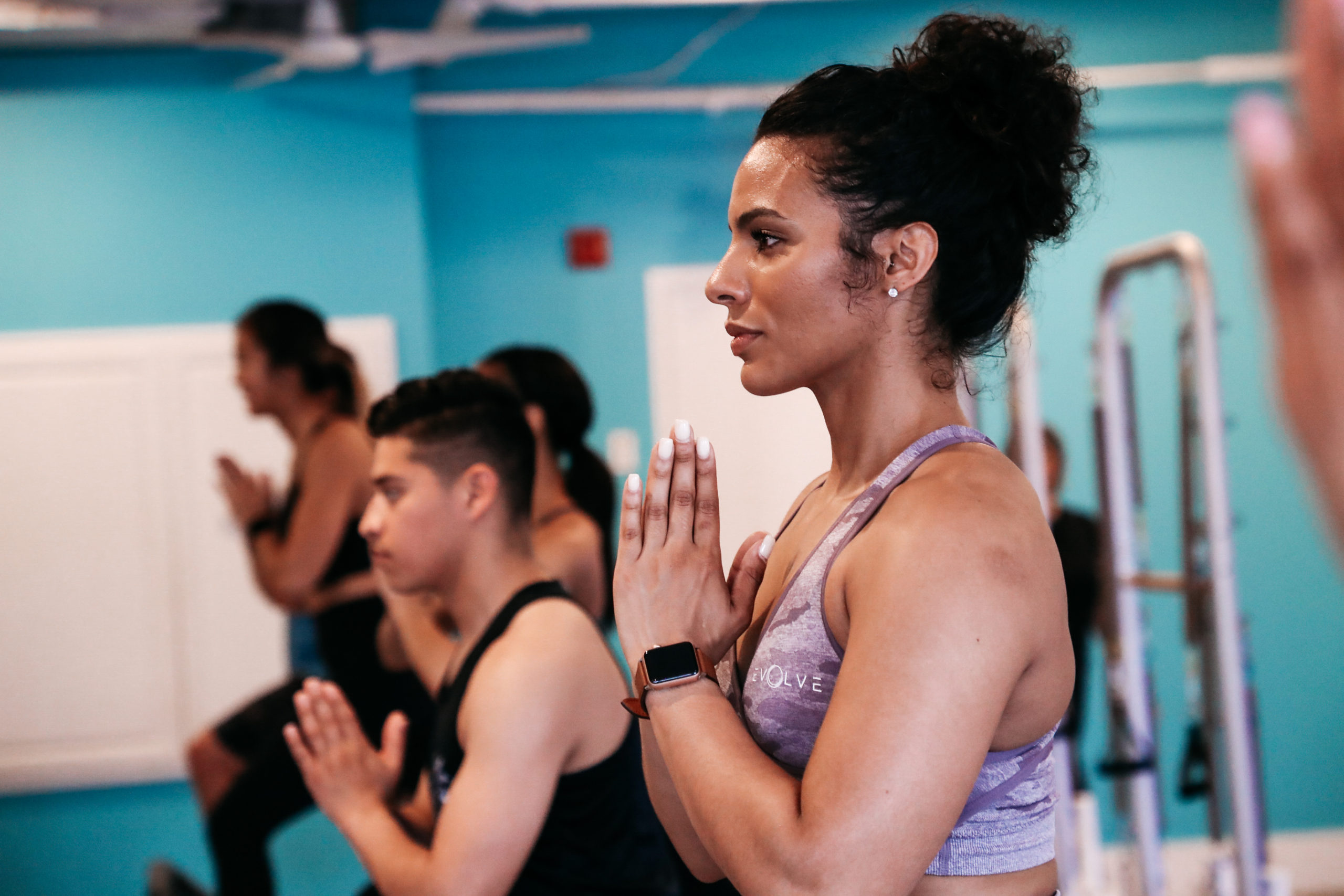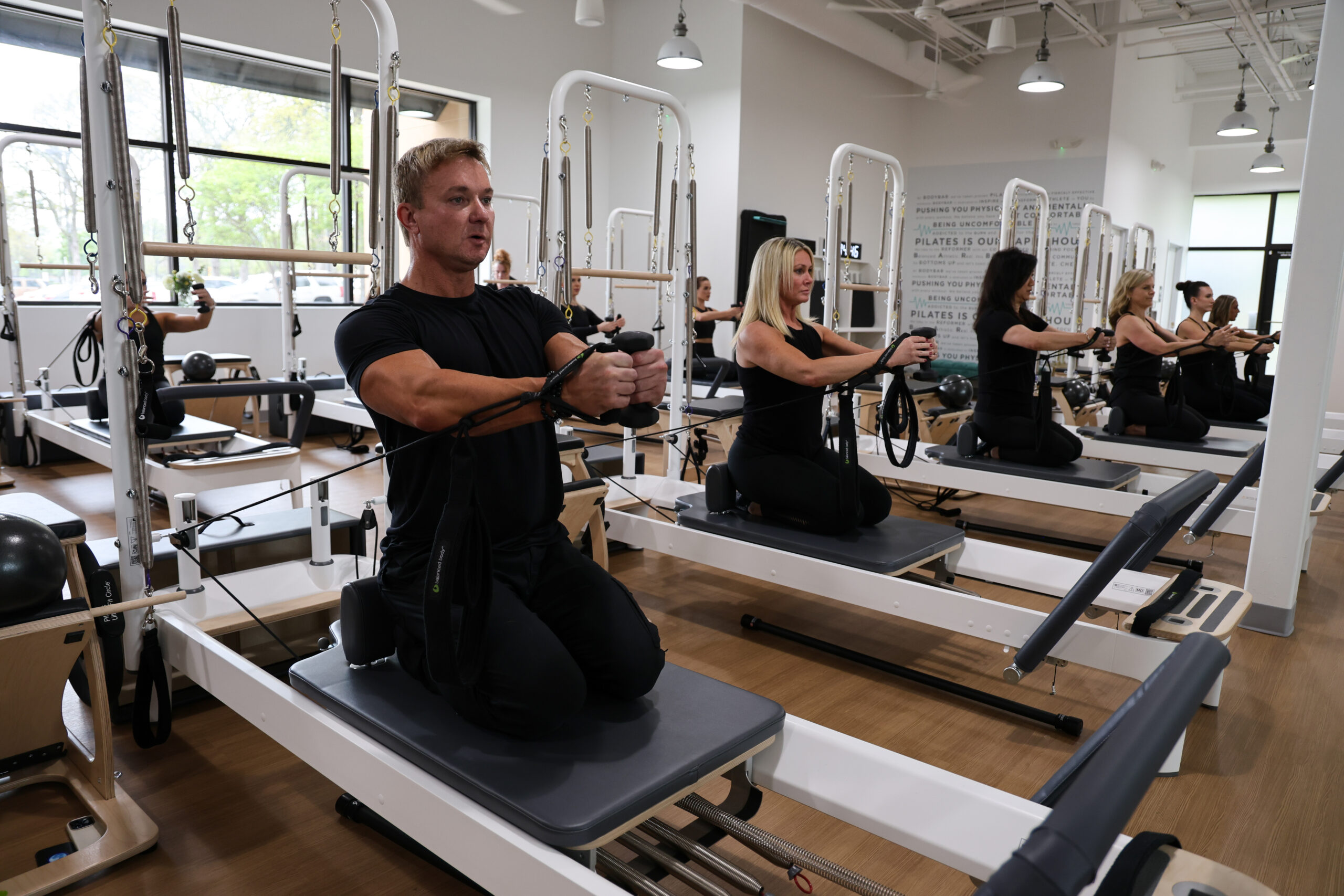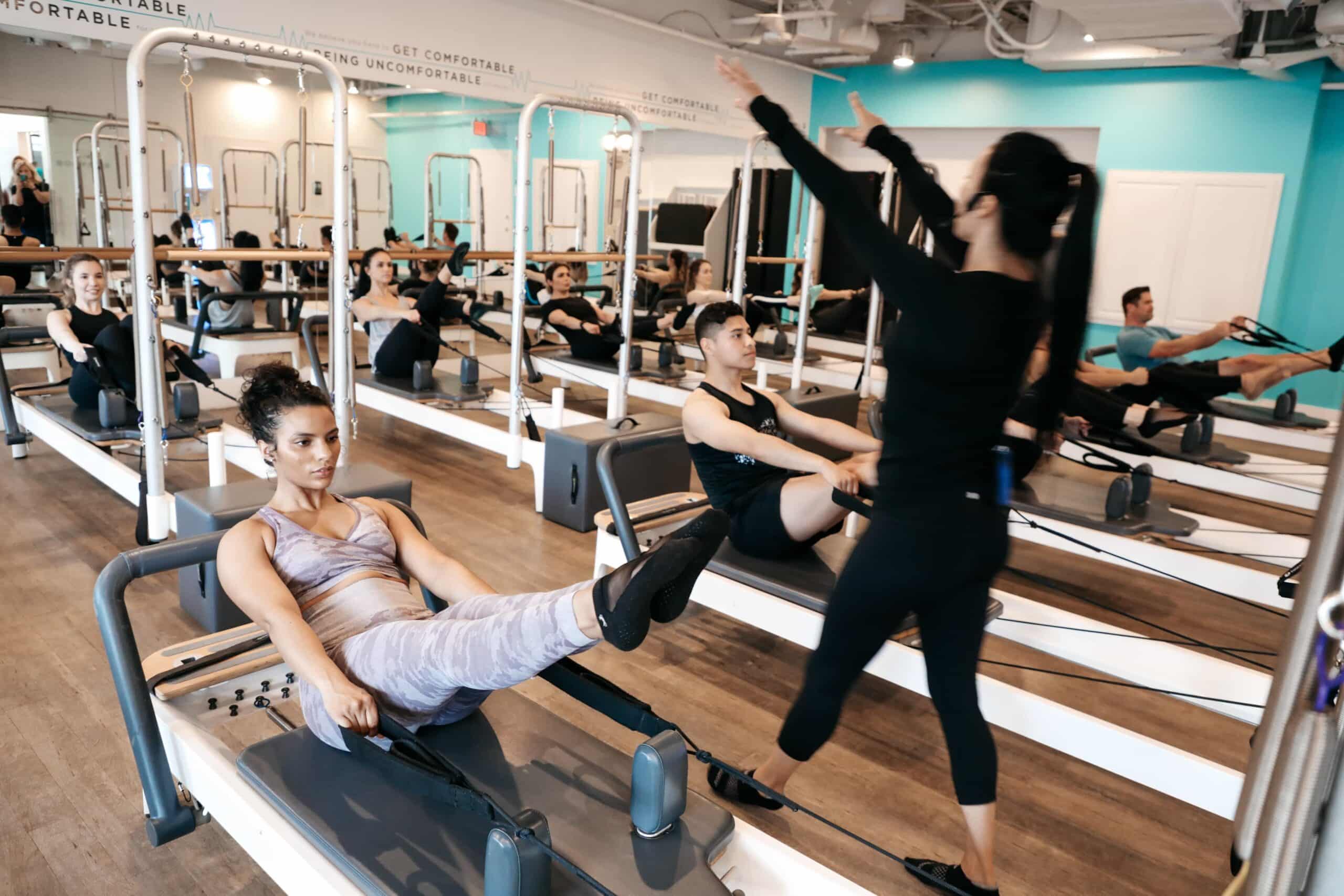10 Tips For Getting A Better Night’s Sleep:


Workout or get intimate: people who are regularly active tend to sleep better at night and sex can lower stress, also making sleep a little easier.
Get out of bed: do something boring (other than watching TV) and get back in bed when you start to feel tired again. Don’t associate your bedroom with frustration about your inability to sleep.
Avoid alcohol: this one can be confusing because the immediate effects of alcohol are often drowsiness. Nonetheless, alcohol can disrupt your REM cycle in addition to depriving your brain of oxygen. When your body has to work against the alcohol to push you into REM and to make sure you are getting enough oxygen, it is less able to fully relax. Thus, you end up more tired in the morning, despite feeling as if you slept well.
Create a relaxing habit: the word habit is key here and sometimes plays a larger role than the activity itself. Whether you choose to repeat calming words, take a bath, read a book, or drink a cup of tea, these tasks (if done regularly) will help signal your brain it is time for bed.
Avoid light: this is another difficult one because we don’t feel any immediate, negative effect from light exposure before bed. Melatonin is a chemical in your brain that helps put you to sleep and lights actually make it more difficult for your body to produce melatonin. Having your phone, TV, or any bright and unnatural light in the bedroom before or during bedtime can keep your brain from following its natural circadian rhythm, interrupting your sleep cycle, without you even realizing it.
Try progressive muscle relaxation (flexing and releasing the muscles in your body until you sink softly into your bed, starting with your face and moving slowly to curling your toes).
Try diaphragmatic breathing (an example would be inhaling and exhaling through your nose making sure your belly rises higher than your chest)
Try an imagery exercise (rather than counting backward from 10, which may take some mental energy). Picture a beach in as much detail as possible – What does is smell like? Can you taste the salt water? Hear birds? Nothing but the waves? Is there a slight, cool breeze or just warm sun on your skin? – Be specific and don’t rush the process. It’s time to take that much needed vacay!
Turn your thermostat down or adjust your bedtime attire. Socks can help regulate blood flow and body temperature, while cooler rooms can be easier to sleep in. In sum, get comfy and try not to associate non-sleep attire with the bedroom (no matter how comfy those new yoga pants are).
Reduce external noise: Use earplugs or a sound machine to remove/distract from any disruptive noise that may inhibit the peace and quiet of your sleep space.



